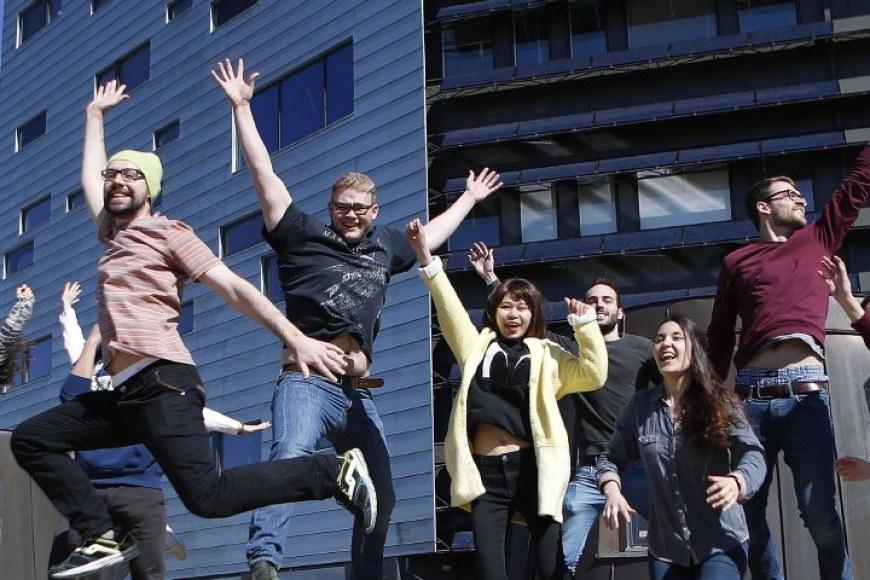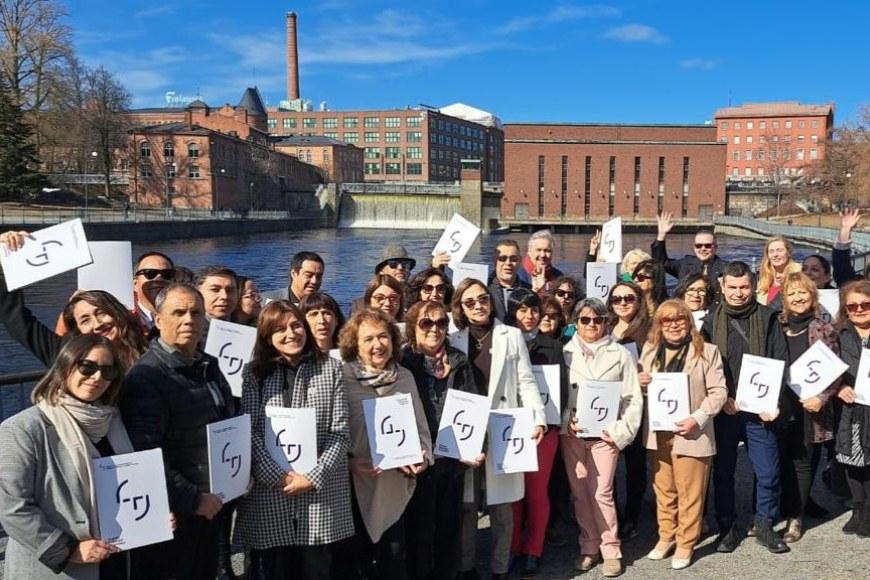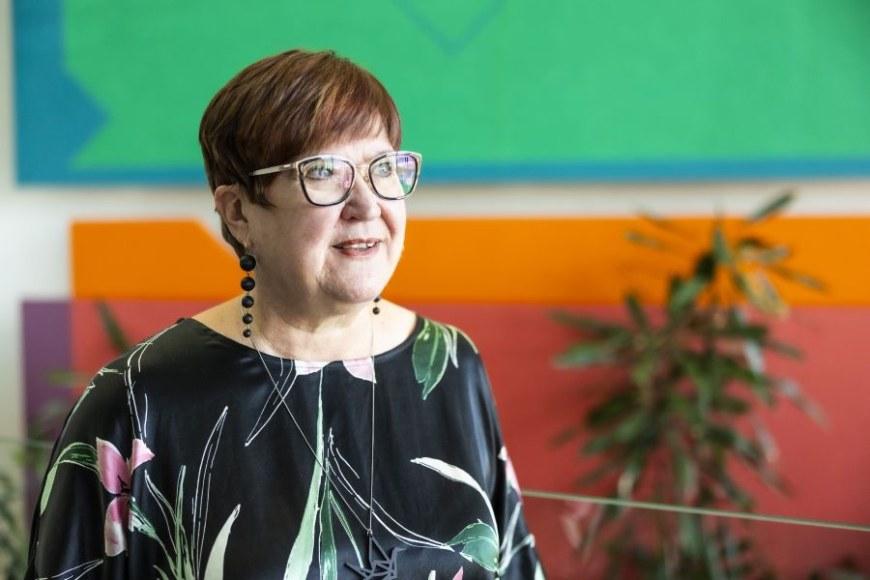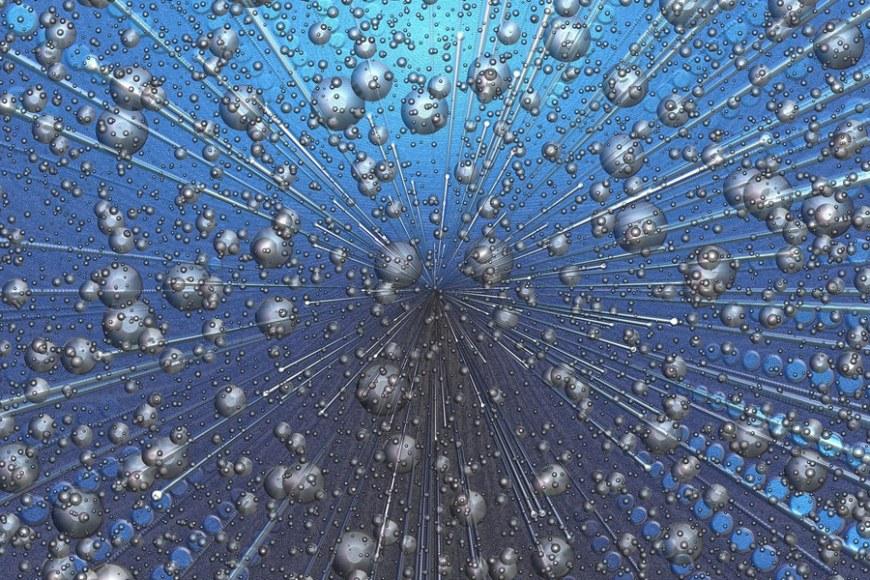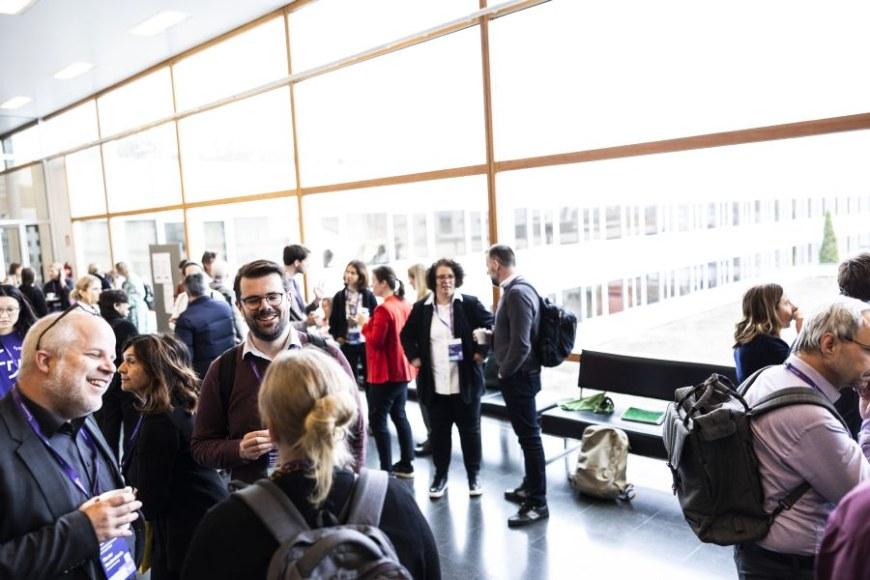Inverse modelling and imaging can help to develop personalised treatment for epilepsy
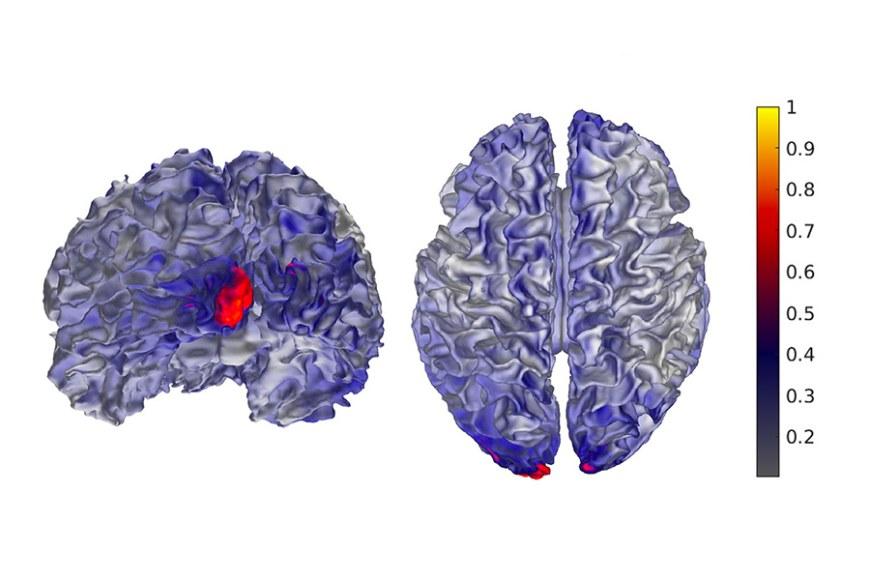
Epilepsy is one of the most frequently diagnosed neurological disorder for adults and children. However, as much as one-third of the epileptic patients don’t get adequate help for the seizures from medication. For these drug-resistant patients the most common alternative treatment is surgery. Yet, the epilepsy surgery is not an option for patients with refractory focal epilepsy. This is because the epileptogenic zone in the brain cannot be localised with sufficient accuracy, or it cannot be surgically removed without considerable neurological deficit.
A soon to begin European project called Personalised diagnosis and treatment for refractory focal paediatric and adult epilepsy, PerEpi, aims to improve the treatment of epilepsy patients in two ways, both of which use concepts of non-invasive personalised medicine. At Tampere University a team of computing science experts tackle the challenge with mathematical methodologies.
– Our approach focuses on a new individualised multimodal approach to improve the localisation accuracy of the epileptogenic zone to offer the most appropriate personalised therapy. In addition, we develop an individually optimised transcranial brain stimulation technique as a new treatment option to reduce seizure frequency and severity, says Sampsa Pursiainen, a leader of the Tampere-based team and an Associate Professor of computing science at Tampere University.
Advancing tES and EEG measurements as new treatments
In this highly research-oriented project the researchers aim to advance the use of transcranial current stimulation (tES) and electro/magnetoencephalography (EEG/MEG) measurements as medical treatments for refractory epilepsy in children and adults. Their target is to be at the leading level globally on developing new treatments for this chronic disease.
– Our goal is to show that brain stimulation can have a positive effect on patients and may therefore be suitable as an alternative treatment. Depending on the strength of the effect, the stimulation could be used as an addition to normal treatment or as an alternative to medications and surgery. This helps patients who don't respond to drugs or struggle with their side effects. If surgery is not an option due to, for example, the location of the epileptogenic zone near the language center, we could give these patients new hope, states Frank Neugebauer, who works as a project researcher in the team.
Sampsa Pursiainen’s research team at Tampere University is part of the Academy of Finland’s Centre of Excellence in Inverse Modelling and Imaging. In addition to Pursiainen and Neugebauer, the other members of the project research team are Atena Rezaei, Joonas Lahtinen, and Fernando Galaz Prieto.
Frank Neugebauer will participate in the PerEpi’s coordinating team led by Professor Carsten H. Wolters from the Institute for Biomagnetism and Biosignalanalysis (IBB) at the University of Münster in Germany. Other participating universities are the Technical University of Munich (TUM) in Germany, and the University of Picardy Jules Verne (UPJV) in Amiens, France.
The total budget of the PerEpi project is approximately 1.1 M€. The European project starts in July 2021 and will continue until June 2024. In 2020 funding call, PerEpi project was among the 18 accepted proposals of a total of 188.
The project is part of the multidisciplinary European research project programme on Personalised Medicine (PerMed) which is aimed to support exploratory studies concentrating on the development of new medicine and medical treatments in their early stage. The programme is funded by ERA-NET.
Read more on the PerMed program on their newsletter https://www.erapermed.eu/wp-content/uploads/2021/01/Newsletter-ERA-PerMed_final.pdf
Contact
Sampsa Pursiainen
+358 40 750 5677
sampsa.pursiainen [at] tuni.fi (sampsa[dot]pursiainen[at]tuni[dot]fi)
Frank Neugebauer
+49 178 2634427
frank.neugebauer [at] tuni.fi (frank[dot]neugebauer[at]tuni[dot]fi)
